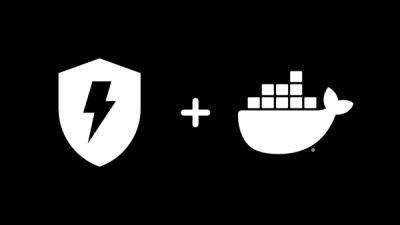append-field
A W3C HTML JSON forms spec compliant
field appender (for lack of a better name). Useful for people implementing
application/x-www-form-urlencoded and multipart/form-data parsers.
It works best on objects created with Object.create(null). Otherwise it might
conflict with variables from the prototype (e.g. hasOwnProperty).
Installation
npm install --save append-field
Usage
import appendField from 'append-field'
const obj = Object.create(null)
appendField(obj, 'pets[0][species]', 'Dahut')
appendField(obj, 'pets[0][name]', 'Hypatia')
appendField(obj, 'pets[1][species]', 'Felis Stultus')
appendField(obj, 'pets[1][name]', 'Billie')
console.log(obj)
{ pets:
[ { species: 'Dahut', name: 'Hypatia' },
{ species: 'Felis Stultus', name: 'Billie' } ] }
API
appendField(store, key, value)
store (object, required)key (string, required)value (any, required)
Adds the field named key with the value value to the object store.
License
MIT



